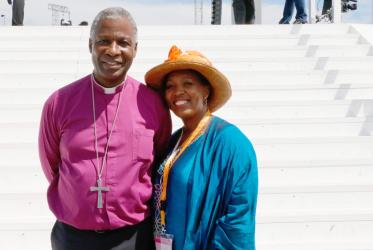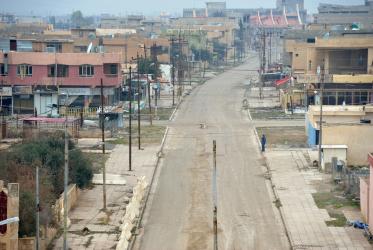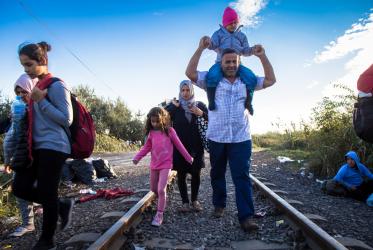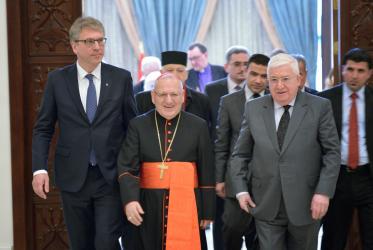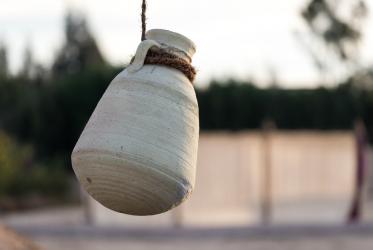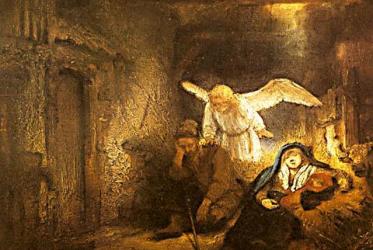Displaying 161 - 180 of 620
WCC Blue Community implements water changes in the Ecumenical Centre
16 February 2017
WCC general secretary speaks on religion and discrimination
14 February 2017
Church leaders unite their voices against modern slavery
09 February 2017
Churches in Norway and Pakistan break new ecumenical ground
26 January 2017
Second Bible study on stateless persons available for Advent use
08 December 2016
WCC strengthens call to end statelessness
08 November 2016
WCC, LWF host recipients of Right Livelihood Award
02 November 2016
Tveit offers input at religion and development meeting
03 October 2016

